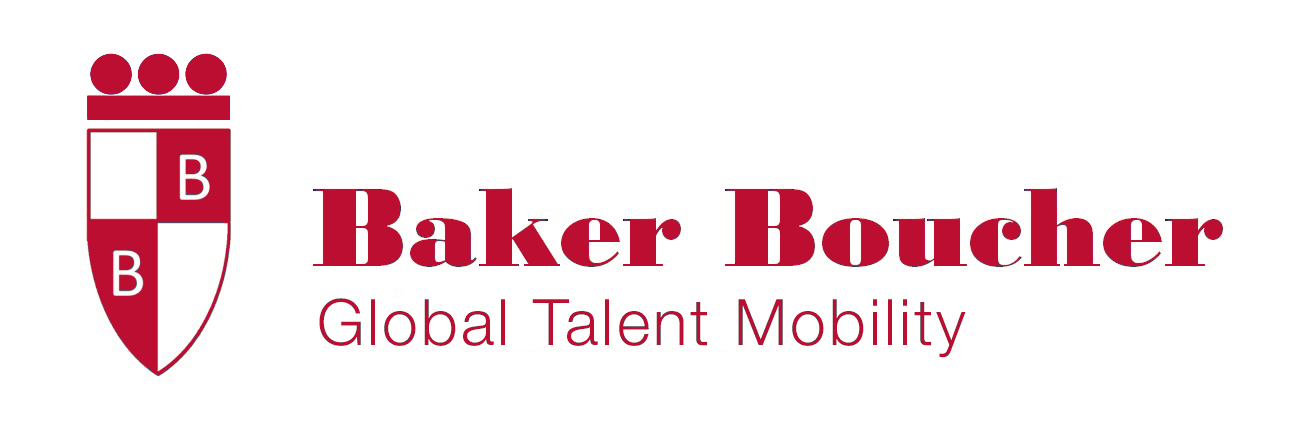
Years ago offshore BPO and IT were equivalent to ‘bringing to India’; currently there are many offshore and nearshore destinations on all continents, and the number keeps growing.
Why would clients need new offshore destinations? Why couldn’t they stick to existing geographies and vendors?
Changes
The answer is simple: because the world is changing. Some offshore destinations have been attractive two years ago. Since then the availability of resources, salary levels, exchange rates and political stability may have changed. And in many cases they HAVE changed.
A few examples:
In 2014 both Vodafone and Deutsche Post have decided to create new IT delivery centres in Bucharest. It’s clear these decisions were based on two year old information. Romania – in particular the Bucharest and Cluj areas – are immensely popular, which already has had its impact on availability of resources and salary levels. ‘Software engineers are partying now’ the CEO of a Bucharest company complained.
High inflation countries like Russia, Belarus and Ukraine have closed ‘dollar equivalent’ labour contracts with their employees, resulting in uplifts of 20%+ for clients in euro countries during the last six months.
At the same time availability of senior resources in India have increased due to stable demand and growing supply. Shell has decided to create a new global delivery centre in South India, after having been away for many years.
We can’t predict future exchange rates, wars, economic boycotts, and regime changes, but looking at the poor political stability in many regions, clients and suppliers are safer when they use multiple delivery locations.
This leads to a constant need for new offshore and nearshore destinations.
How about Vietnam?
Vietnam isn’t a new offshore destination: HP, IBM and Intel have well established themselves in Vietnam, but many clients don’t think of Vietnam, when considering offshoring their IT or BPO.
A few facts: Vietnam has a large population of 92 million people, of which 65% are under the age of 35. Even without a Western style democracy, their Marxist-Leninist single-party government may be considered as stable and strongly supports the IT and BPO industry. The Economic growth in recent years has been between 4 and 7%. Surveys about the attractiveness of offshore destinations (A.T. Kearney and Tholon’s Top 100 Outsourcing Destinations) put Vietnam high in their ranks.
Services
Vietnamese vendors offer IT outsourcing (software development, AMS and IMS services), graphical design and BPO services like HR-BPO and RPO, Financial BPO and customer contacts.
Many job candidates in Western Europe or the US who are approached by recruitment agencies concerning vacancies, aren’t aware their CV has been found by the recruitment agency’s offshore team in Vietnam.
Additionally Vietnam is rapidly becoming the major manufacturing alternative to China.
Availability and upscaling
Vietnam has 400 Universities and colleges, around 79,000 software engineers amongst a total of around 300,000 working in the IT sector. OK, but what do we know the availability? Like most offshore locations, junior software engineers are available off the shelf, while seniors (project managers, architects) are a bit harder to find. However, the mid-level IT and process specialists (2 to 8 years working experience) are easier to allocate than elsewhere.
How about upscaling? Most IT en BPO vendors in Vietnam have hundreds or a – at most – few thousands employees. Quickly expanding the offshore team of a client is possible in Vietnam, but when we really need large numbers (teams of hundreds or thousands), currently only India will be able to deliver. In the near future China is expected to follow.
Cost level
Several offshore surveys state the cost level in Vietnam is 50% below the cost level in India. Please don’t believe this! It’s easy to make comparisons between average salaries within different categories, but meaningless since they don’t compensate for different mixes of skill types and experience levels within these categories. At the same time it doesn’t take the size of India into account: what may be true in hot spot areas like Mumbai and Bangalore, could be very different in less developed areas like Jharkhand or Punjab.
A better method is to compare sharply defined benchmarks using well described skills and experience levels. For these benchmarks the cost level in Vietnam appears to be around 20% below software engineering hot spot areas in India.
Mentality
When hiring a new employee, the mentality and attitude of candidate is often regarded as more important than the details on the CV. The same applies for offshore staff. Although any country includes a wide variety of people and mentalities, there exists something like an average mentality of a population.
Where the average mentality in India could be described as ‘process oriented’, in Philippines as ‘service oriented’, in Eastern Europe as ‘engineering oriented’ one could describe Vietnam as ‘commercially oriented’ or ‘result oriented’. The attitude in Vietnam could be described as ‘dedicated’ or even ‘fanatic’, an advantage in case of tough deadlines.
Communications
When clients are asked about their offshore experiences, usually they don’t mention the smooth communications with the remote team. For clients of Vietnamese service providers they often do.
Susanna Hasenoehrl of Yourfamily.Kitchen: “I have found the team [of Manifera Software Development Pte. Ltd. in Vietnam] to be highly responsive and quick in solving my numerous tickets, and I would also like to praise the communications: all of it has been very clear, and precise and easy to understand.”
Language
English is the common business language in Vietnam. Managers speak English very well – although most have an accent. Language skills of junior employees used to be poor years ago, but has much improved since then. Because of the French history, a small percentage speaks French, but this is limited to the older generation and therefore irrelevant to the outsourcing business.
Travel and safety
Vietnam isn’t around the corner, but getting there isn’t too hard. Visa may be obtained by an email request and picked up upon arrival in Vietnam. There are direct flights from Paris and Frankfurt to the relevant cities (Hanoi and Ho Chi Min City). The Vietnam time zone is five hours ahead of Central European Time.
A 2014 survey by a New York-based travel agency for the “Best Countries for Solo Travelers” ranked Vietnam as number 6th (highest rank in Asia), which actually means: Vietnam is a safe place. No ‘secure transportation’ or body guards are needed, like in some Latin American countries.
Conclusion?
Because of its size, it’s very unlikely Vietnam will ever beat India or China as a high volume offshore destination. And it will be a long way to have better senior software architects than Eastern Europe. However, Vietnam may be a very attractive alternative when quick availability of qualified resources is needed, when there are tight budgetary constraints or when commitment for fixed price projects and/or tough deadlines is required, when frequent and accurate communications with the remote team is essential. Clients in these situations definitely should give it a try.
Next time we’ll discuss Belarus

